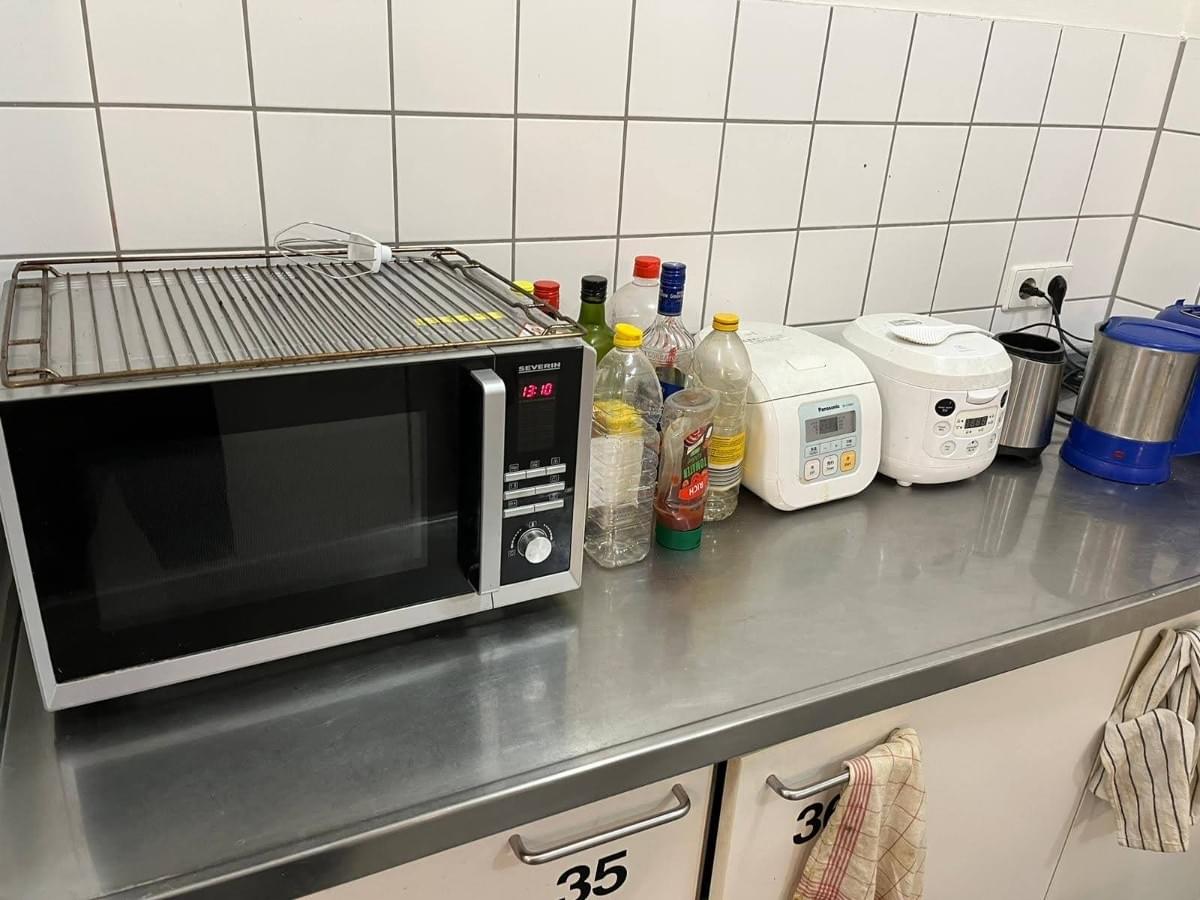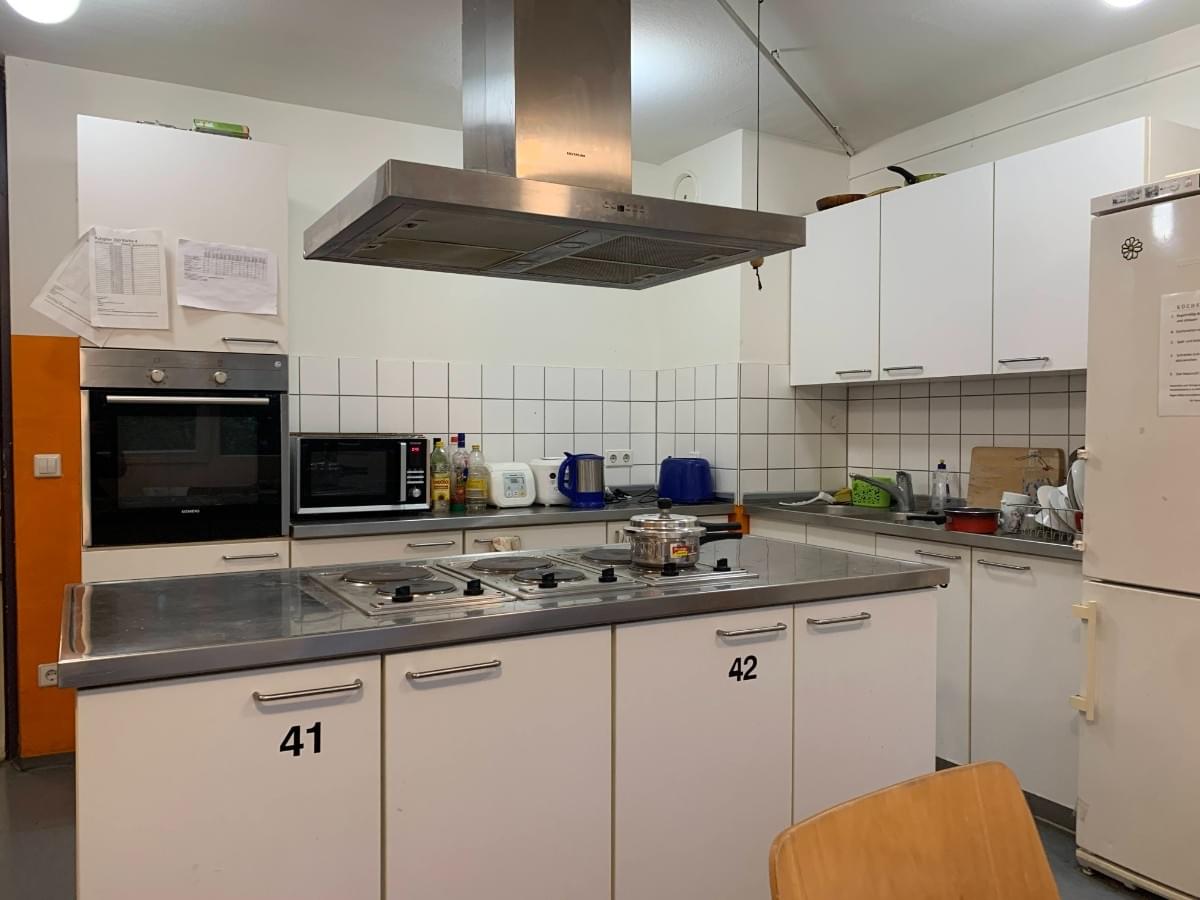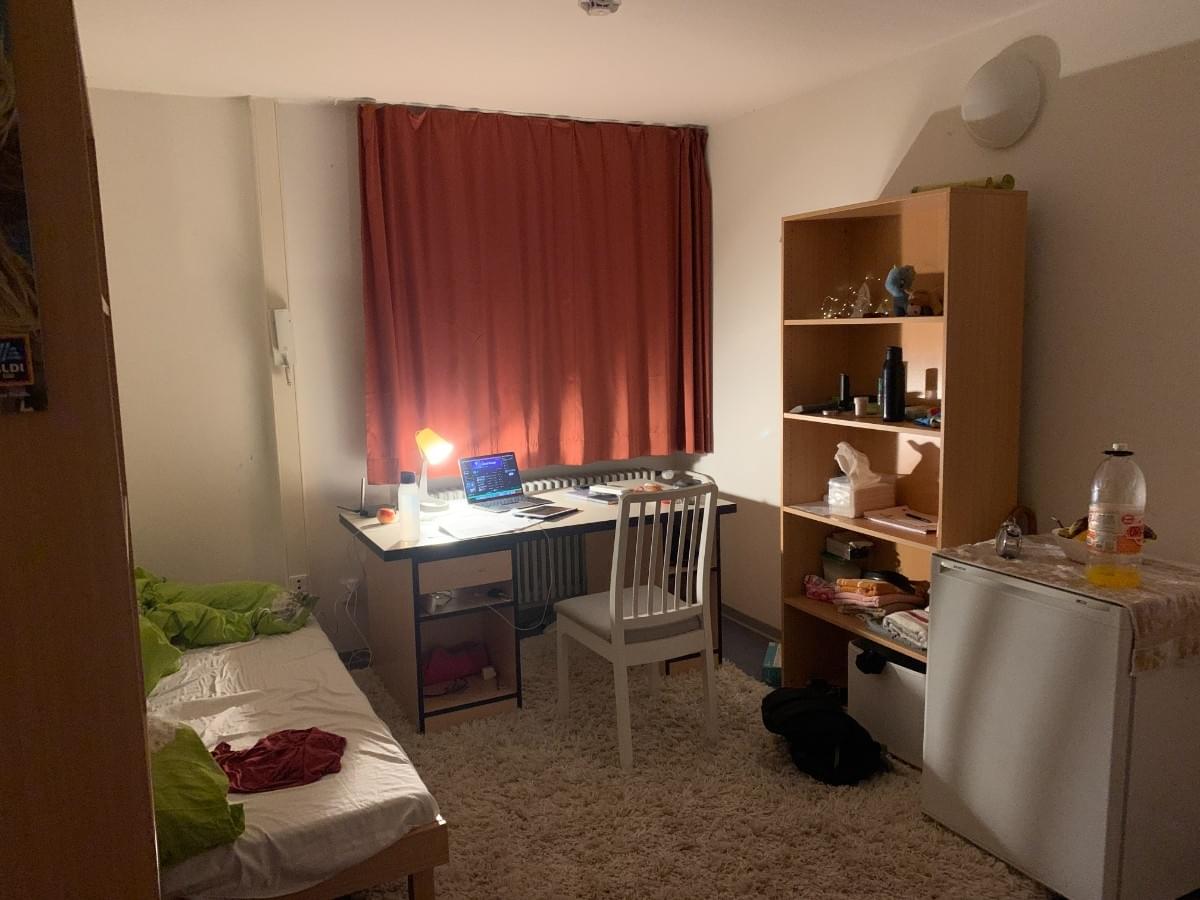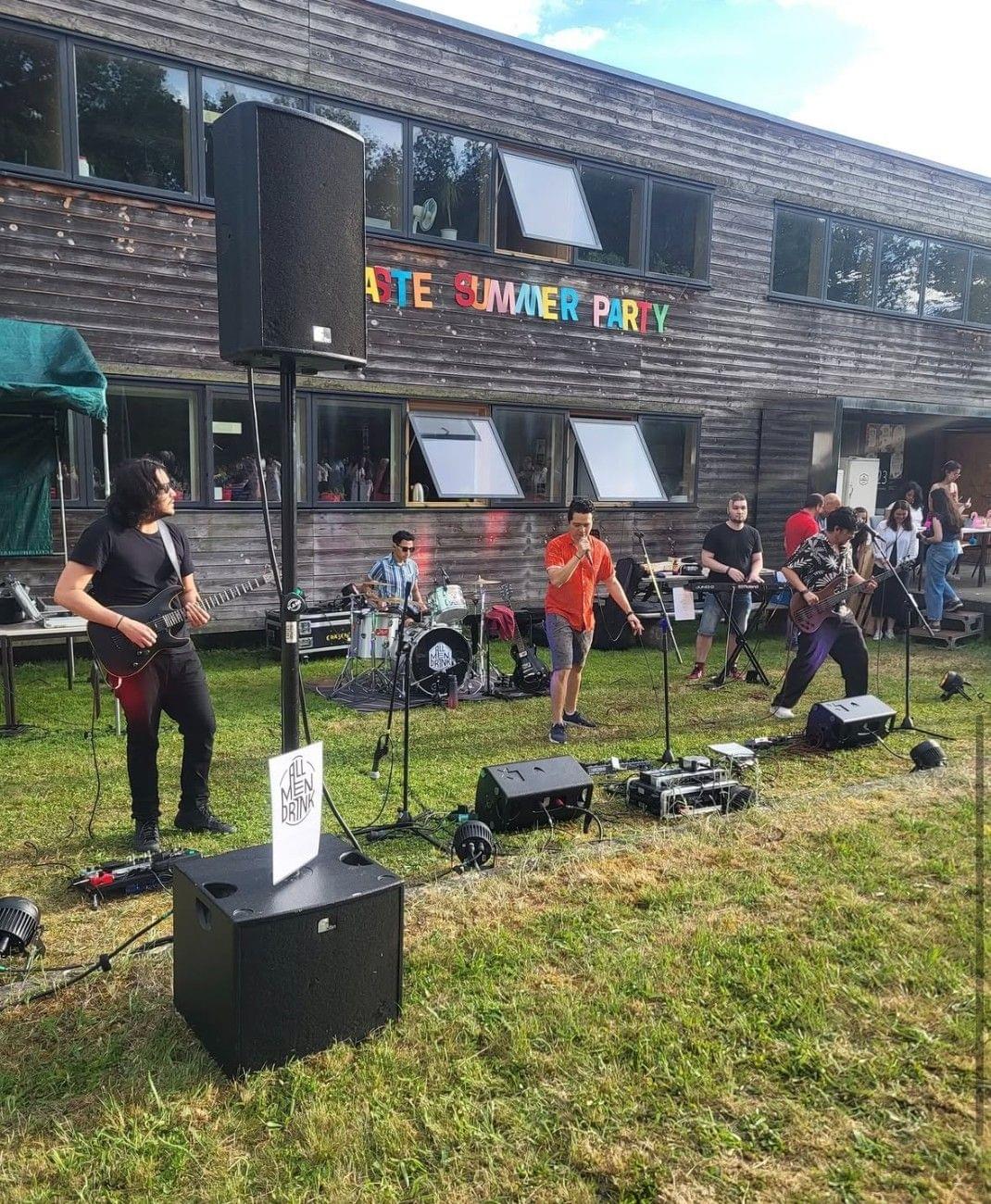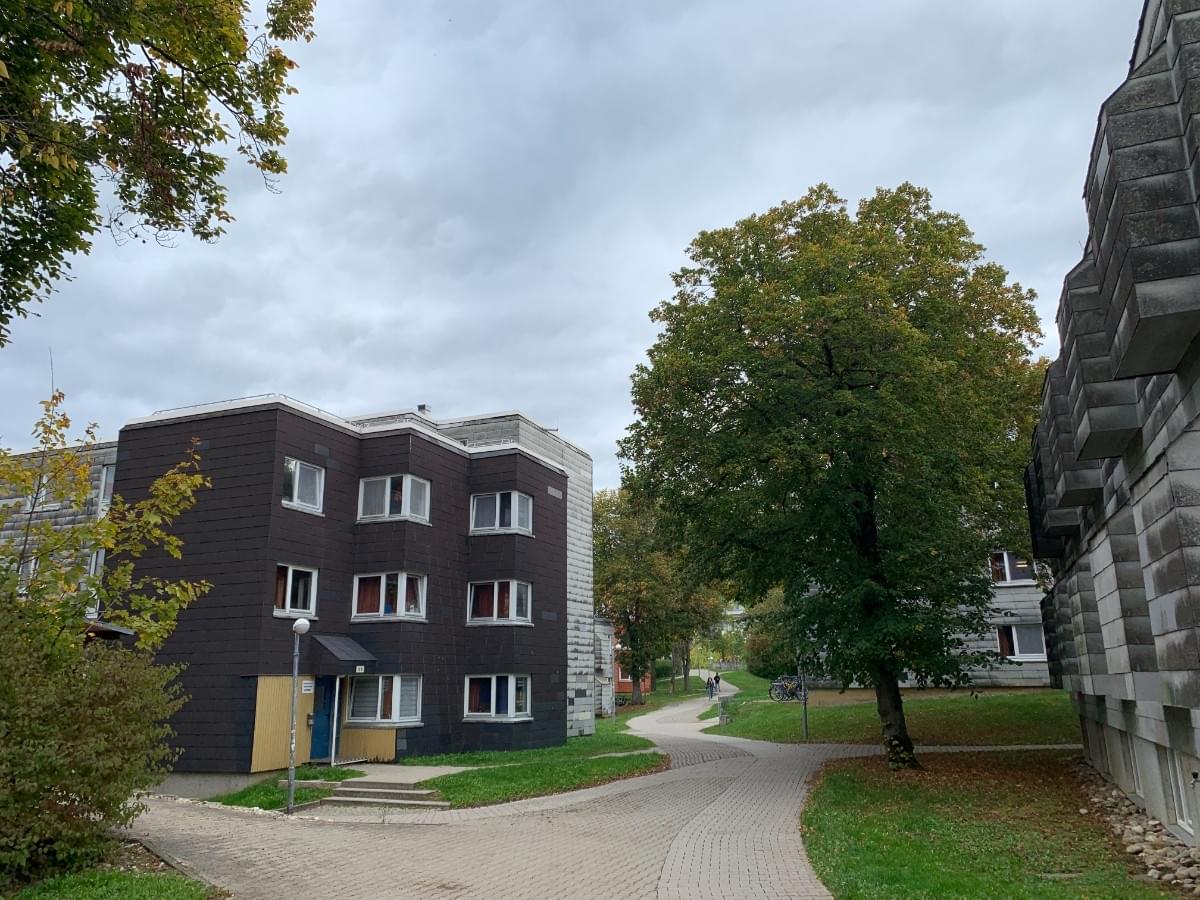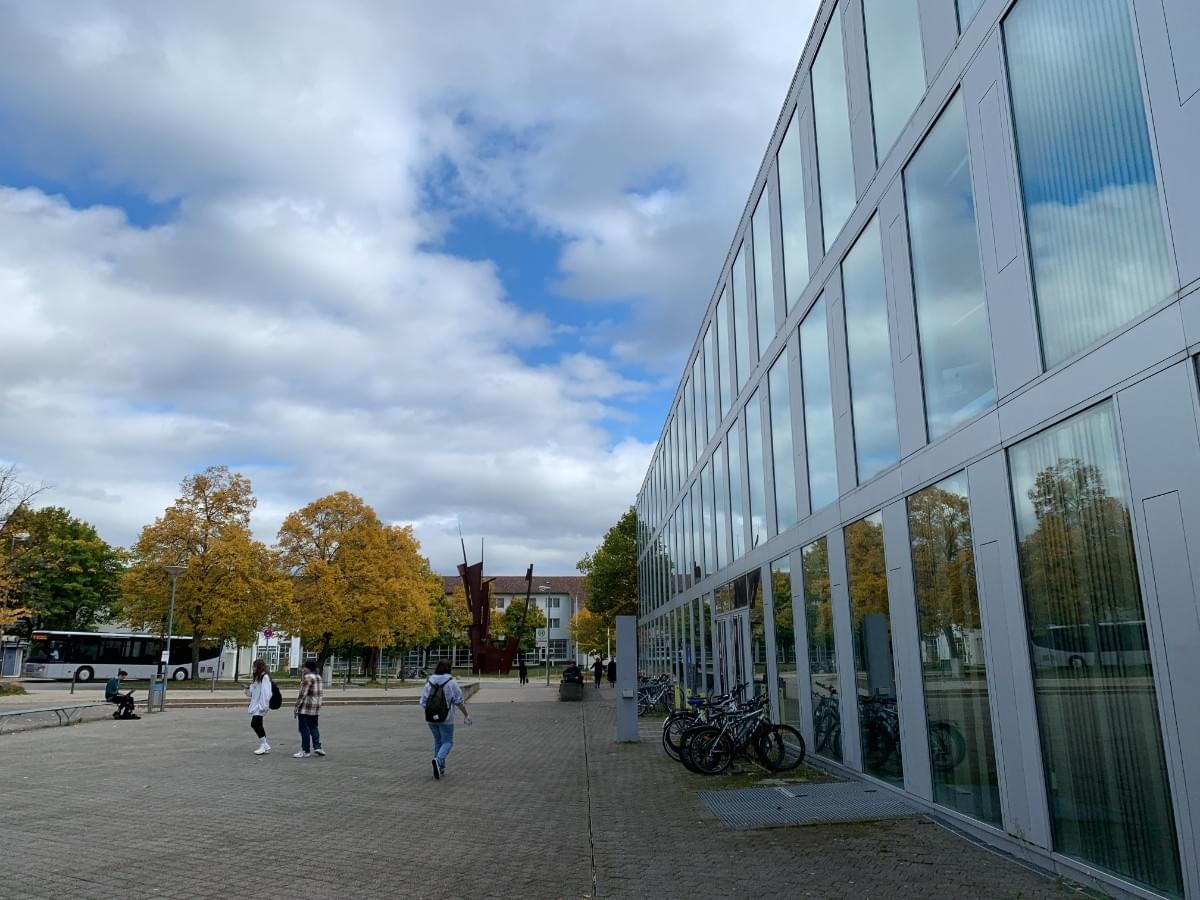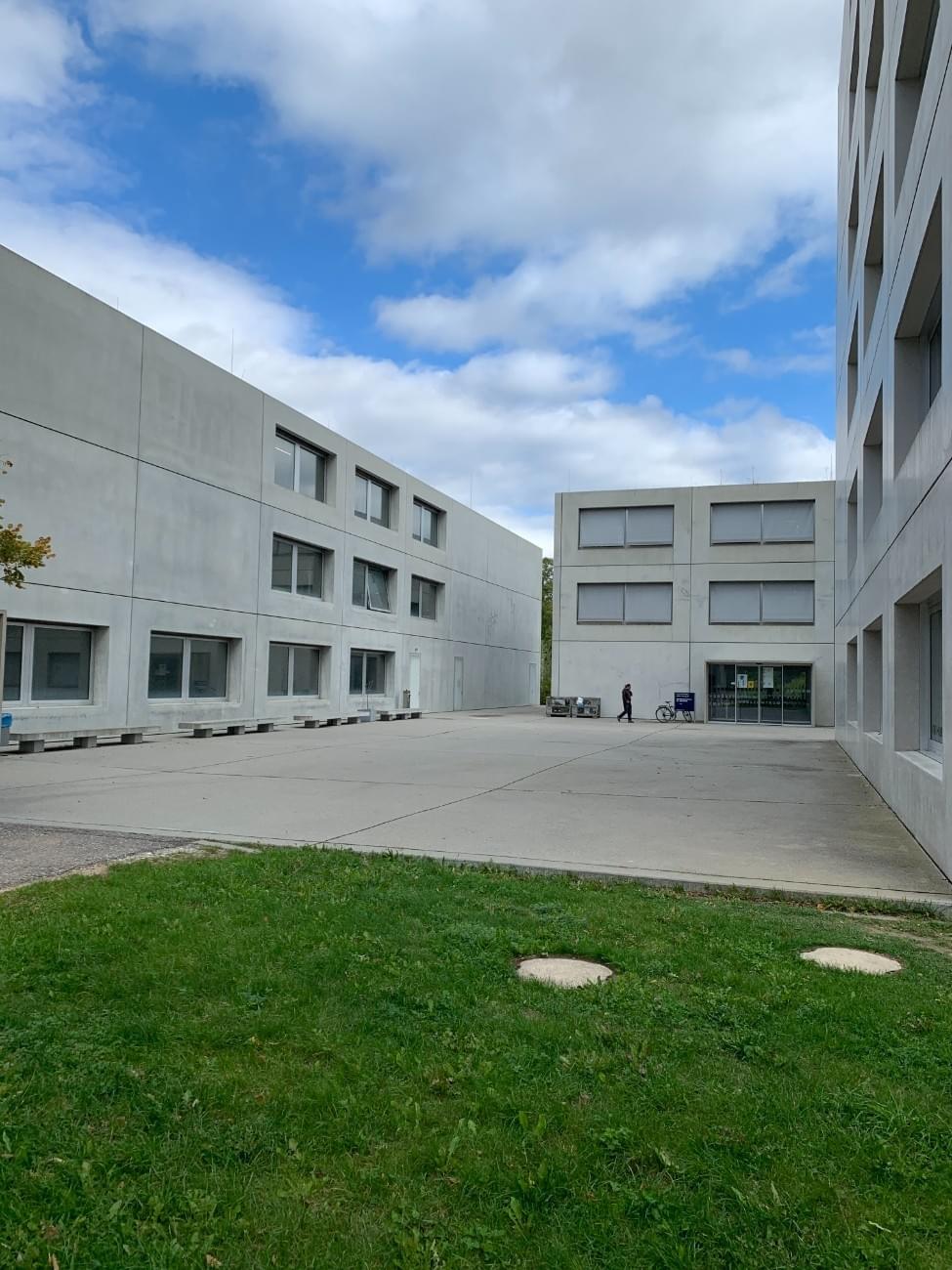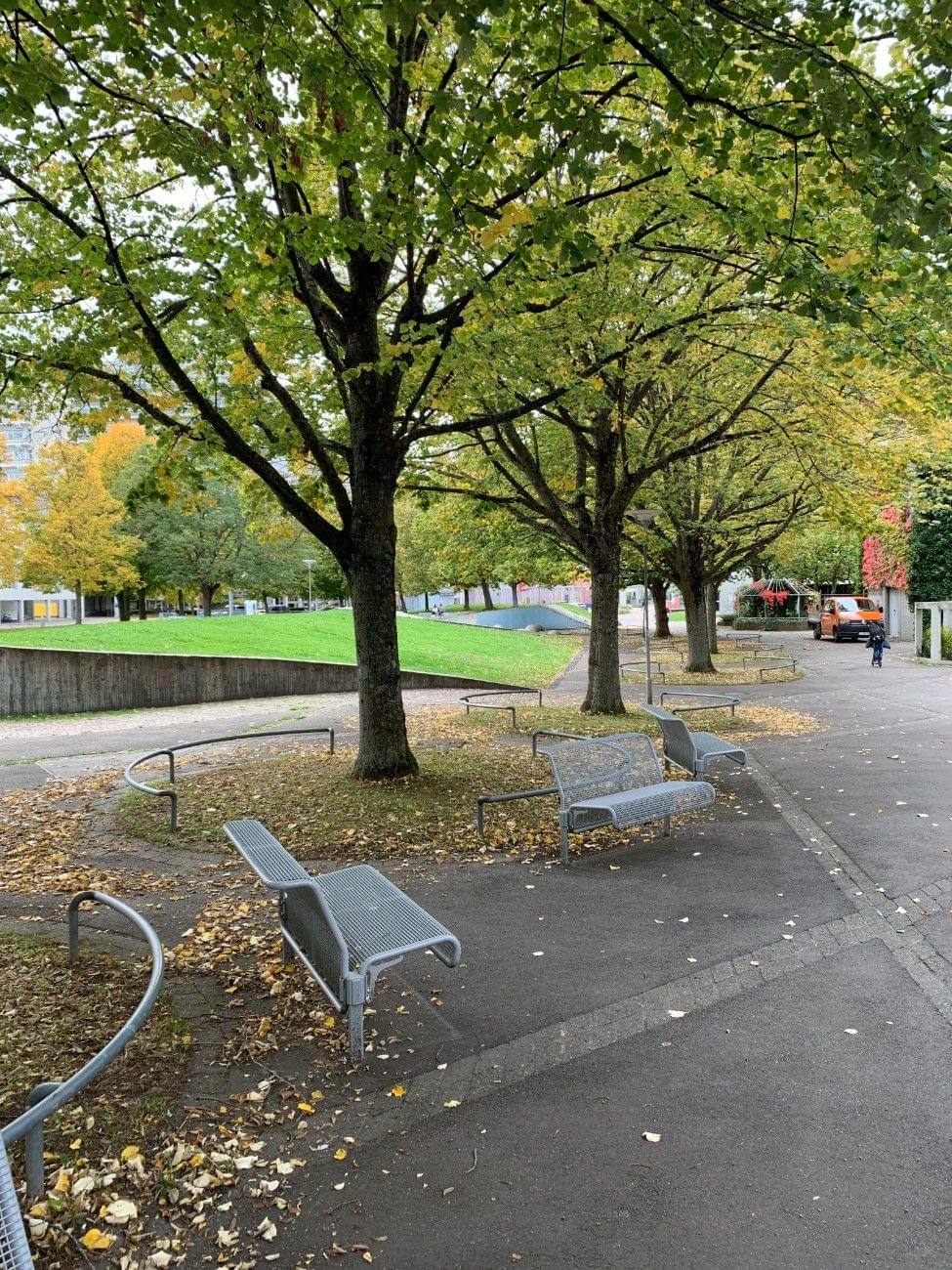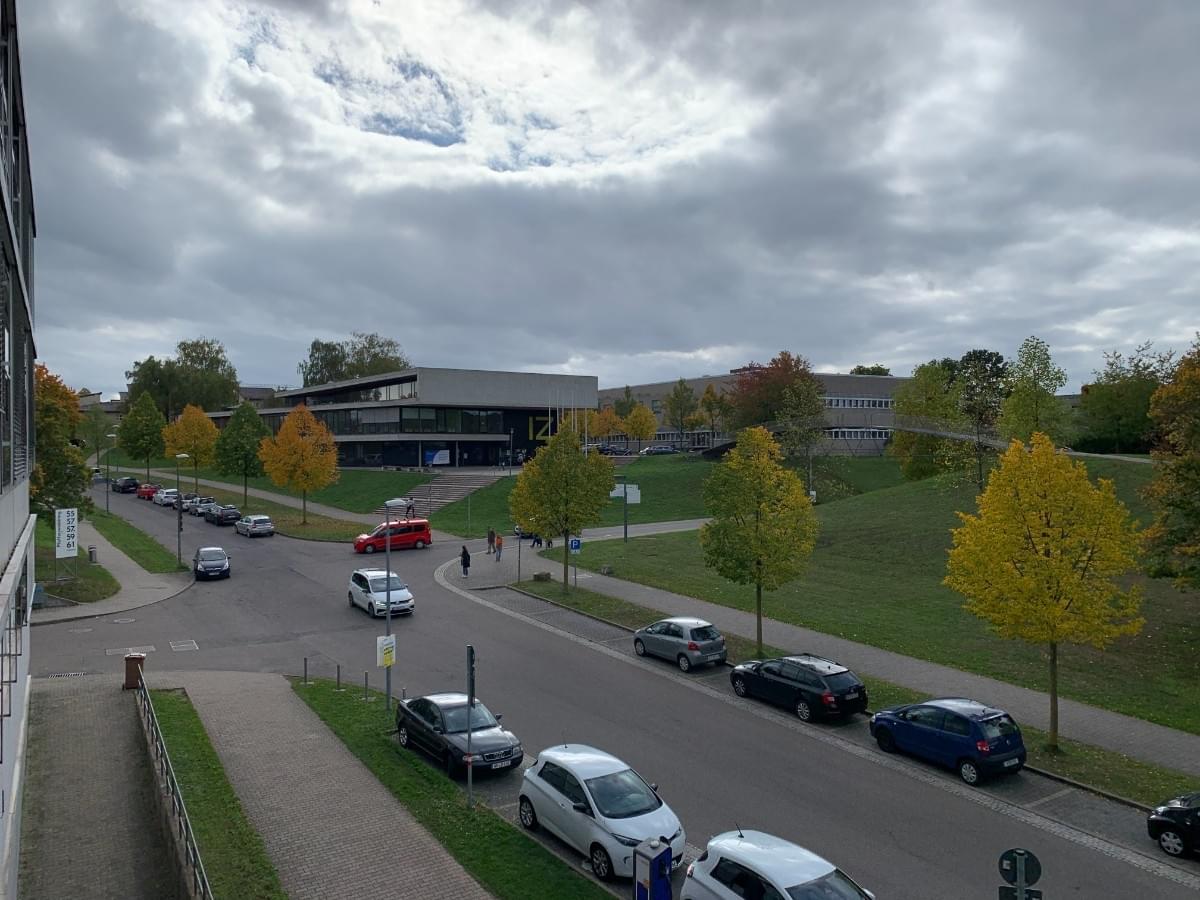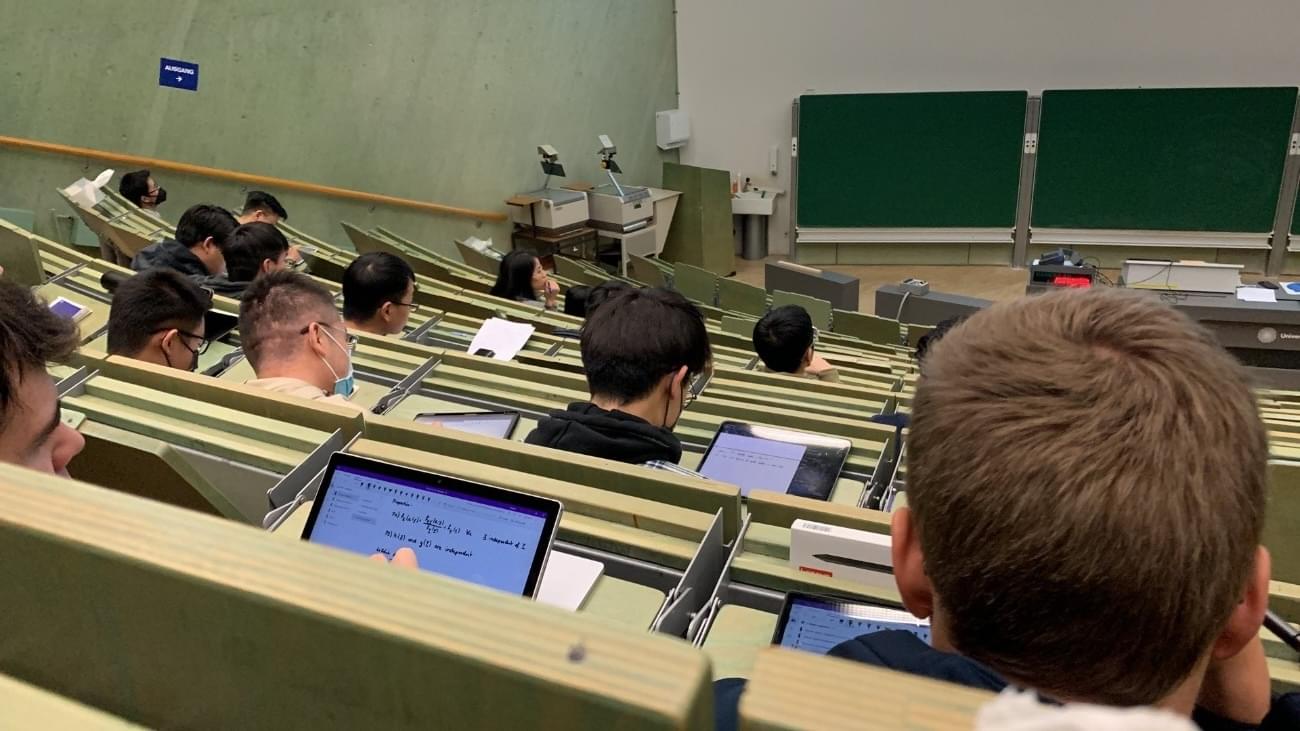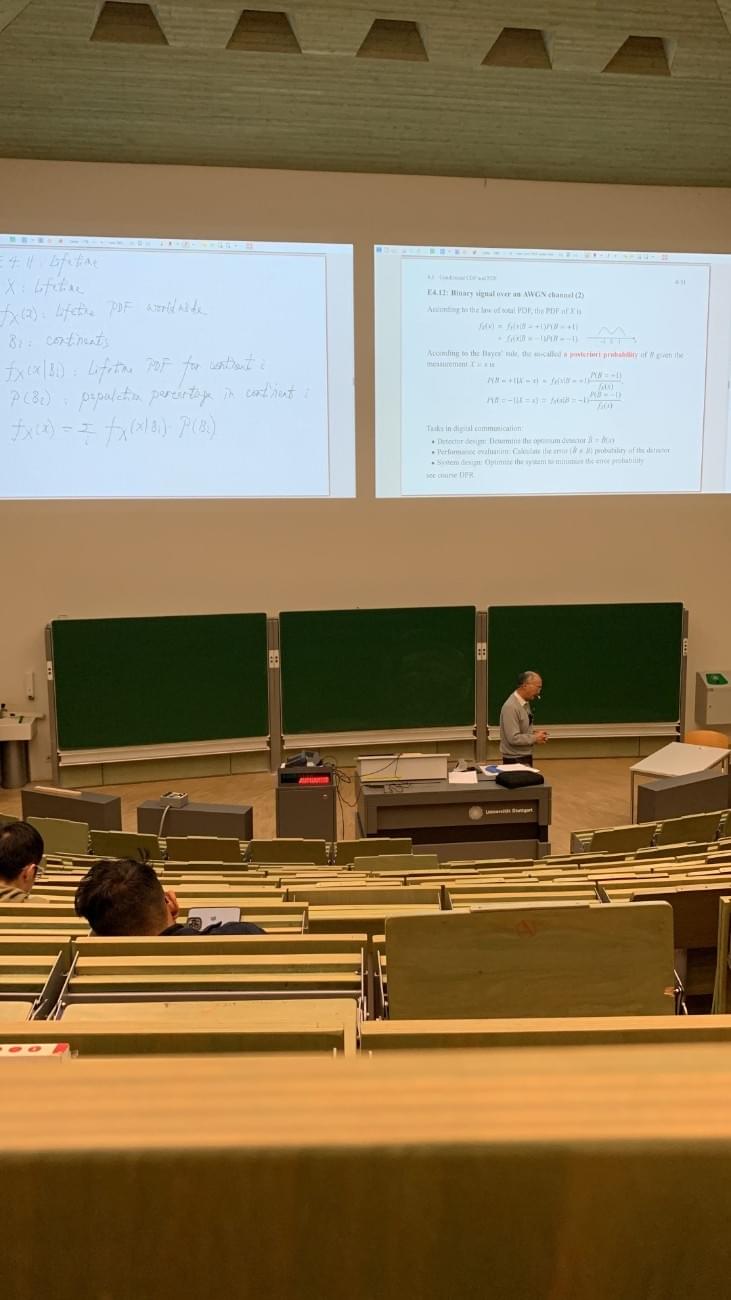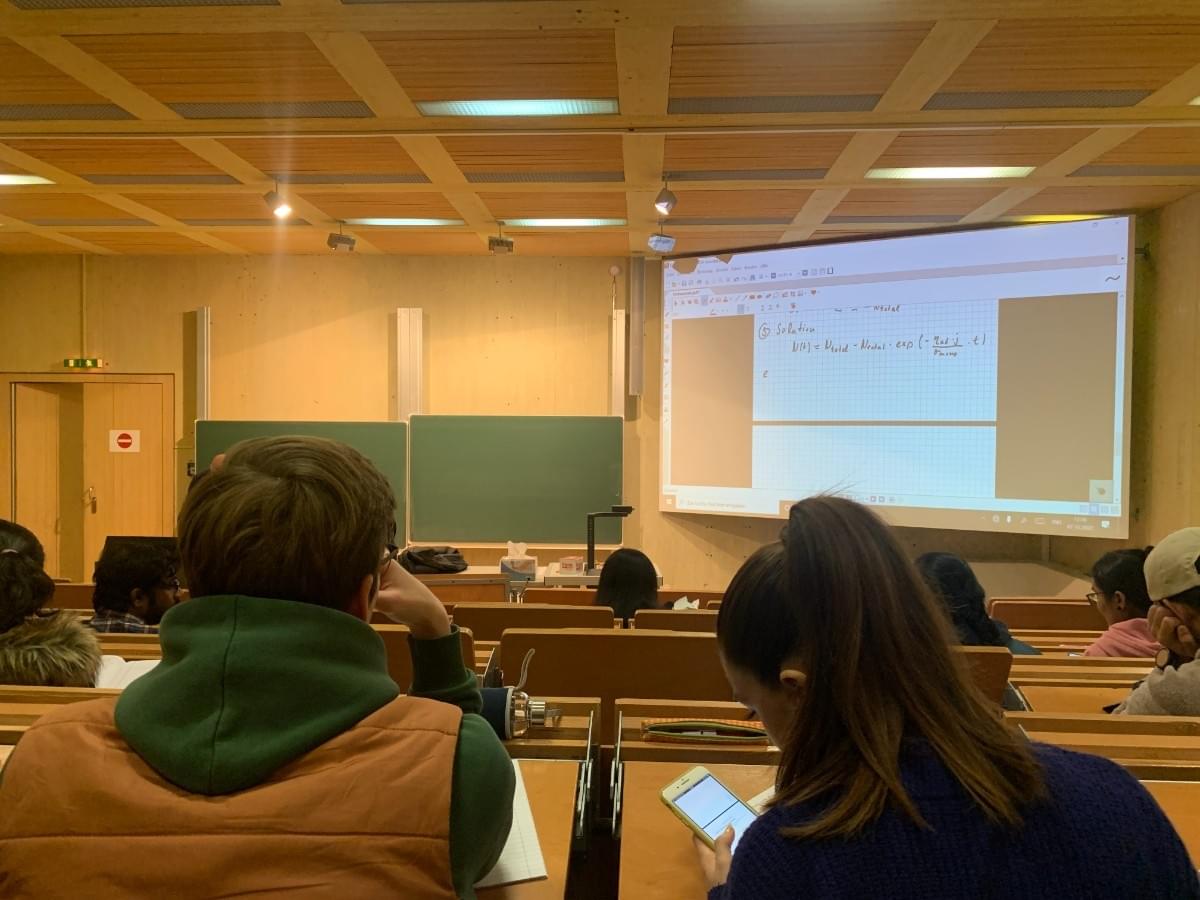What Students Say
Likes
- Professors were approachable and genuinely open to discussions outside class.
- Strong focus on research
- Cultural events on campus
Dislikes
- Courses could be better
- Course structure could have been better
- Some institutes have separate rules regarding everything
Course Curriculum
- Difficulty level & focus: The programme is completely theoretical, with almost no practical work. Even courses like Deep Learning focus entirely on theory; only one lab is included.
- Positive aspects: Strong academic content and well-structured lectures.
- Negative aspects: Very difficult to score; the fail rate is 40–50% per subject. No universal grading rules make it unpredictable.
- Classes & timings: Usually 2–3 classes per day, mostly between 9 AM and 5 PM.
- Class size: Around 40–50 students per batch.
- Indian students: Roughly 50–60% of the batch are Indian students.
Admission Experience
-
In Germany I applied for the following:
- University of Stuttgart
- Technical University of Munich (TUM)
- RWTH Aachen
- My status:
- University of Stuttgart – Admitted
- TUM – Admitted
- RWTH Aachen – Admitted
- Of course I applied to a lot of other universities all over the world. I did get rejections from them. But that's over 50 universities. Probably not a good idea to list them here.
- I chose these universities because they are considered the best in Germany, offering high-quality research and excellent industry connections.
- Winter Semester. I applied for the Winter Semester (October). Most programmes start then, and the timing fits well with my graduation and visa preparations.
- I applied in November, and by January–February I had already received my admission offer. The remaining months were for enrolment, housing, and visa formalities before classes began in October. I don't exactly remember the timeline. It has been a couple of years. But the visa took around 1 month from the Kolkata embassy. The earlier you apply for accommodation, the better.
Faculty
- Teaching methodology: Mostly lecture-based and theoretical, with minimal practical application. The approach gives strong conceptual understanding but does not fully prepare for coding-based jobs.
- Placement support: Zero. Although faculty members are approachable and provide guidance, the personal network for jobs is null. HIWI (research assistant) jobs are, however, very readily available in the University.
- Admired faculty: Professors who are clear, organised, and responsive in clarifying doubts stand out the most. Their teaching style and approachability make learning easier despite the tough curriculum.
Campus Life
- The campus life is quite active, with several student clubs, technical groups, and cultural organisations. Events range from technical workshops and guest lectures to cultural fests and sports competitions.
- The University of Stuttgart has multiple campuses, including:
- Vaihingen Campus – Most Science and Engineering departments
- City Campus (Stuttgart-Mitte) – Humanities and other
- Facilities include well-equipped libraries, computer labs, sports complexes, cafeterias, and on-campus medical services. There are also lounges and study spaces for group work.
- Popular events include Stuttgart Science Night, Indian Night, student cultural festivals, and hackathons. Clubs range from robotics and coding clubs to music, dance, and photography groups. There are also department-specific fests like emotions, etc. There are dorm-specific fests like allmandring open air, strausi 3 summer parties, campus beach, etc. The list goes on and on. There are festivals and Parties going on all round the year. Germans like to party.
- Students can participate in football, basketball, and volleyball, as well as cultural events like talent shows, theatre, and music concerts. Student organisations organise seminars, workshops, networking events, and community volunteering, making campus life diverse and engaging. There are separate music rooms in the Vaihingen campus with a drum kit, bass, guitar and everything you can think of. It also has a 20 channel mixer.
Part Time Jobs
- There are many part-time jobs on and off campus. On campus, most opportunities are as a Hiwi (research assistant). Off-campus, you can find work at the companies (Werkstudent) or in shops and restaurants like KFC and McDonald's.
- Most Indian students work as Werkstudent in companies in Stuttgart, earning €17–25/hour, working up to 80 hours/month, and usually apply via online portals, resumes, and interviews. Students can earn anywhere between 17 and 25 Euros depending on the company and role. They can expect to earn around 1400-1600 per month after taxes working as a work student.
- Search for job openings on the company website and send your resume. The hiring process is different for different companies. Generally there is an introduction interview, a technical interview and then an offer.
Placement
- Currently, very few students are securing full-time jobs within 6 months due to a hiring freeze in major companies.
- Before the slowdown, graduates could expect €55,000–65,000 per year, depending on the company and role.
- Jobs were typically found through campus placements, internships, networking, online job portals, and sometimes through Werkstudent experience.
- Many students are struggling to secure jobs in large companies like Bosch, Mercedes, Porsche, and BMW due to the current hiring freeze. Startups are hiring and currently offer the best chances for full-time employment.
- Historically, major companies hiring include Bosch, Mercedes, Porsche, and BMW, along with tech startups and midsize engineering firms.
- Note: The University provides very little to no guidance in terms of placement. This is the case for most Universities in Germany. They often conduct job fairs but in my experience they are of no use. It comes down to the student when looking for a full-time position.
Accommodation
- I opted for on-campus accommodation at Allmandring 3.
- I applied through the official student housing websites of SW and VSSW.
- First I used to live in Allmandring I (283 EUR). Then I moved to Allmandring 3. I pay €374 per month now. It increases by €10 each semester. My single room is furnished with a bed, table, cupboard, and chair. The kitchen is also furnished, with two storage rooms, while the bathroom and toilet are shared.
- Securing the accommodation took about 3 months, so it was time-consuming.
- Apply as early as possible through the SW and VSSW websites to avoid delays.
- Allmandring 3 is about 7 minutes’ walk from the campus. Most Indian students stay in Allmandring 3, Allmandring 1, and Pfaffenhof 1.
Exams
- Exams required: IELTS (?6.5) or TOEFL (?80). GRE/GMAT is not required (at least for MS in Electrical Engineering). Some courses might require different exams. It's best to check the specific courses on the website and their admission criteria.
- Documents needed: Transcripts, degree certificate, SOP, CV, LORs, and proof of English proficiency.
- Interview: No interview; admission was based on documents and academic performance.
Fees
- For non-EU students, the tuition was about €1,500 per semester, plus the semester contribution of around €200–250 which covers student services and public transport discounts. I paid €1,684 last semester.
- Accommodation (student hostel) was separate and cost around €300–400 per month, depending on the dorm. At Allmandring 3, I pay €374 Other charges like health insurance (~€140 per month) and administrative fees were additional.
- Fees are charged semester-wise. Every six months, I had to pay the tuition plus the semester contribution to re-enrol.
- On average, my monthly living expenses came to about €800–900, broken down roughly like this:
- Rent/hostel: €373
- Health insurance: €145
- Food & groceries: €150
- Transportation: €50–70 (sometimes covered by semester ticket)
- Miscellaneous (internet, phone, leisure, etc.): €100
Scholarship
- Yes. I received the Deutschlandstipendium, which is a national German scholarship not tied to a specific course.


